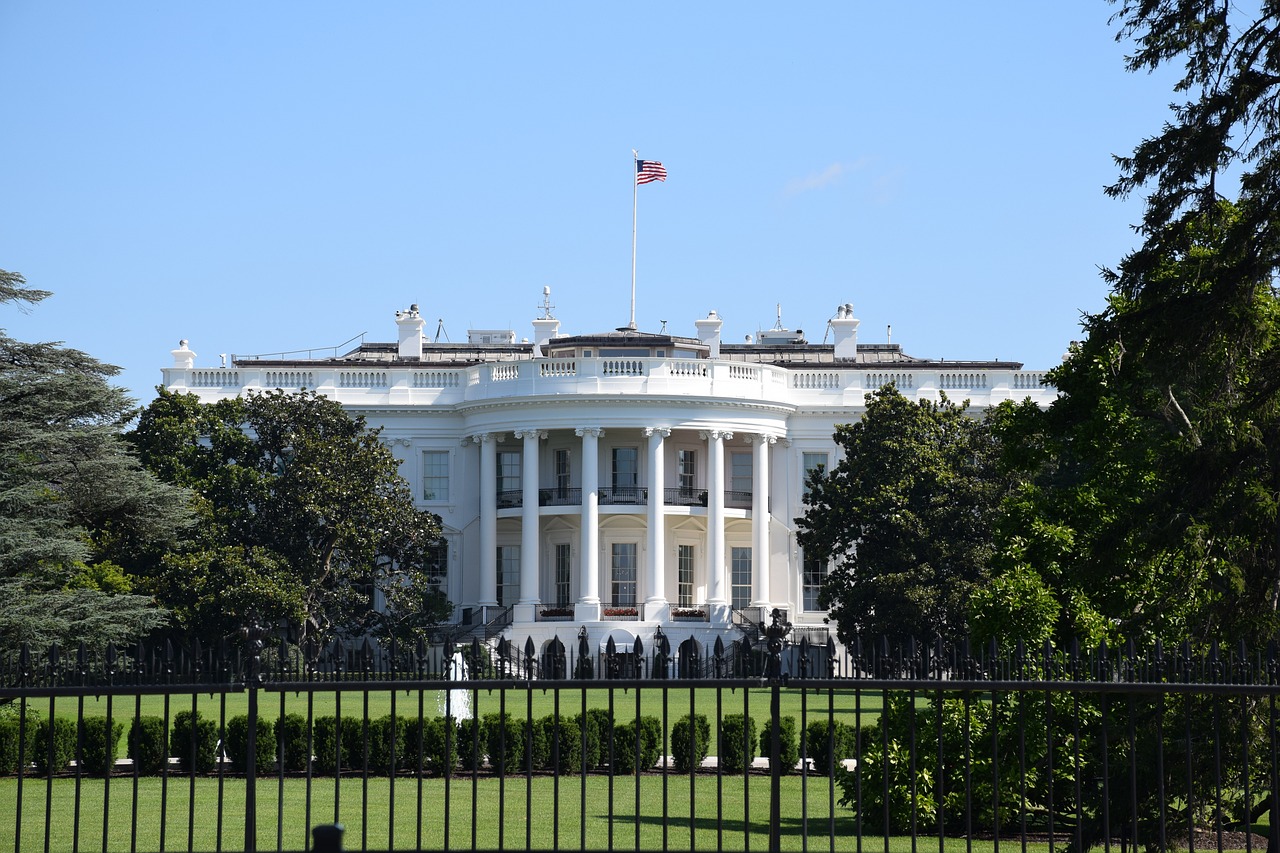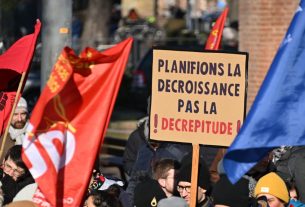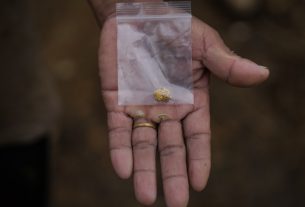Marc Fogel, an American history teacher who had been wrongfully detained in Russia since 2021, was released and returned to the United States on February 11, 2025. President Donald Trump welcomed Fogel at the White House, signaling the potential beginning of a diplomatic thaw between the U.S. and Russia that could pave the way for peace negotiations in the ongoing Ukraine war.
Fogel, who was arrested in 2021 for traveling with medically prescribed marijuana, had been serving a 14-year sentence in Russia. His release came after the U.S. and Russia negotiated an exchange, although the details of the deal were not fully disclosed. Trump hinted at a broader shift in U.S.-Russia relations, suggesting that this could be a step toward ending the war in Ukraine.
“I feel like the luckiest man on Earth right now,” Fogel said, surrounded by his family and President Trump, who was quick to credit the negotiations as “fair” and “reasonable.” Trump added that another American prisoner would be released on Wednesday, though he did not provide further details on their identity or location.
Fogel, a Pennsylvania native, was designated as wrongfully detained by the Biden administration, and his family had been lobbying for his release ever since. His case drew attention amid a series of high-profile detentions in Russia, including Wall Street Journal reporter Evan Gershkovich and corporate executive Paul Whelan, who were released in a previous swap.
Trump also used the opportunity to express his optimism for future diplomatic progress. “We were treated very nicely by Russia,” Trump said, reflecting on the interactions that led to Fogel’s release. “I hope that’s the beginning of a relationship where we can end that war.”
The development comes amid growing international attention on the ongoing Russia-Ukraine conflict, now nearing its third year. Trump, who has previously suggested Ukraine may need to cede some territory to end the war, is expected to send a high-level delegation, including Secretary of State Marco Rubio and retired Gen. Keith Kellogg, to the Munich Security Conference later this week. There, the U.S. aims to discuss broad strategies with European officials, exploring potential pathways to peace.
The release of Fogel is seen as a key moment in U.S.-Russia relations and an important step toward resolving the crisis in Ukraine, though questions remain about what both sides are willing to concede. The unfolding diplomatic efforts could offer a glimpse into how the U.S. might approach its role in ending the war, with potential talks about territory and future negotiations.
Fogel’s return has provided a much-needed ray of hope for his family, who expressed overwhelming gratitude. “For the first time in years, our family can look forward to the future with hope,” they said.
The specifics of the negotiations leading to Fogel’s release remain under wraps, but the timing of this diplomatic breakthrough could signal broader efforts to secure peace in the region.



